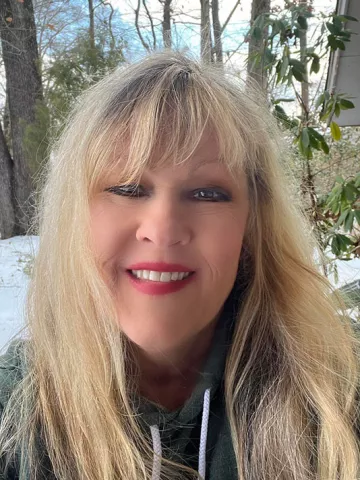
Alabama Chapter Executive Committee (2017-2023); Committee Chair: Election, Nominating (2022-2023); PFAS, Wastewater CORE Teams (2023-2024); Council of Club Leaders Executive Committee (2021-2024); CCL 5th Officer (2023-2024); CCL Resolutions Committee Co-Chair (2022, 2023); Board Candidate Questions Committee (2021)
Boards: President, Shoals Earth Month (2007-2024); City of Florence Tree Commission (2007-2024); Tennessee Riverkeeper (2019-2023); Wild Alabama (2020-2021); LWVAL C3 Board Natural Resources Coordinator (2021-2023)
I first joined the Sierra Club in the early 1980s as a young mother. While relishing Club outings with my children, it was my serious concern about the world they would inherit that drove me to activism. Today, the Sierra Club stands as a beacon of hope amidst a troubling political movement that feeds corporate greed, exacerbates environmental degradation, and enables systemic racism. Standing against exploitation of the socially and economically disenfranchised must continue to be inherent in our work to protect the planet.
As polluters lobby and bankroll politicians, ongoing, inconvenient truths must be acknowledged. Greenwashing, not only by the fossil fuel industry, but also by the nuclear, corporate food, big agriculture and logging industries, serves to market false climate solutions to boost profits. Fighting for protection and expansion of public lands, while facilitating the transition to a renewable energy economy, demands that we not be distracted by industry misinformation which delays necessary, urgent actions. In order to mitigate the impending climate crisis, we must rely on sound, data-driven science to shape critical, conservation policy decisions.
Today, as a volunteer leader at the Chapter and National level, I advocate for the traditional bottom-up, grassroots-led model to remain as the hallmark of the Sierra Club. As a Board member, I would advocate for more opportunities for Club entities to intersect—to foster mutual respect with open, effective communication among volunteers, staff, the Council of Club Leaders and the Board. Well-informed, volunteer activists working in close partnership with dedicated, professional staff, is the key to success in reaching our goals of the 2030 Strategic Plan.
My career as a public school teacher—along with over 40 years of volunteer experience as an environmental activist, community organizer, and member of various environmental non-profit boards—provides a solid foundation to serve on the Sierra Club Board of Directors. At this critical juncture, we, the Sierra Club, must exercise our power to lead, paving the path for equality and justice while safeguarding the future of our planet and its rich biodiversity. As your Board member, I would diligently fulfill my duties, utilizing inclusive democratic principles. I sincerely appreciate your consideration and would be most grateful for your support.
Endorsements
Alabama Chapter
North Dakota Chapter
Kern-Kaweah Chapter
Kate Bartholomew, Chair, Atlantic Chapter
David Holtz, Sierra Club Board of Directors
Florida Chapter
Atlantic Chapter
- Utah Chapter